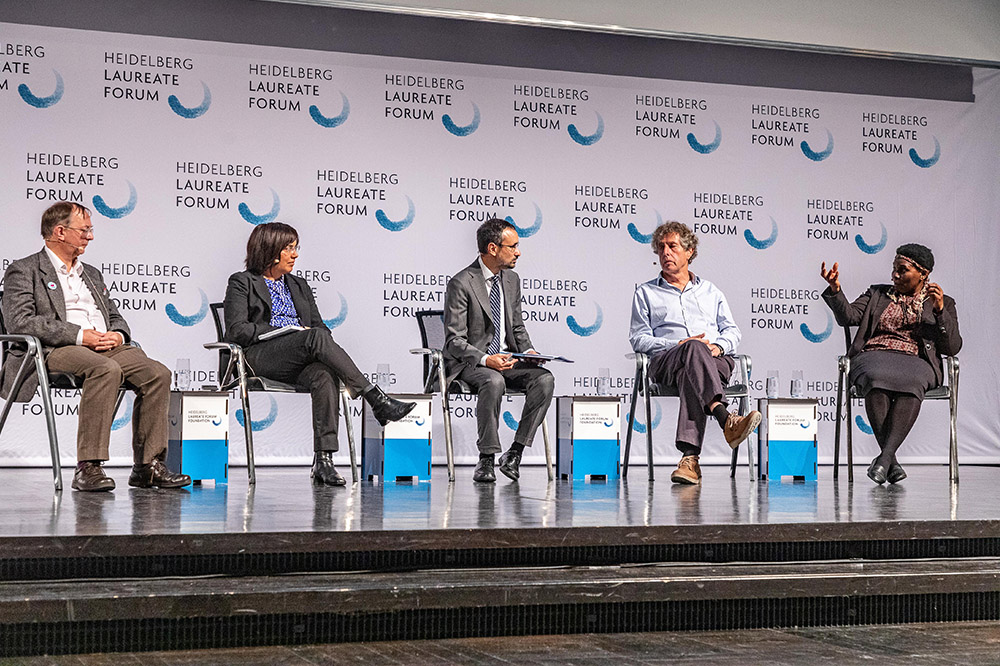Computer science has a role to play in tackling climate change
Artificial intelligence and a devoted European supercomputer would allow climate models to produce real-time forecasts for specific locations
What exactly is computer science’s role in addressing climate change? What are the most effective implementations? Why are we so slow in approaching the problem? At the 7th Heidelberg Laureate Forum (HLF), these questions were examined in detail by a diverse panel of specialists during this year’s Hot Topic session, "Climate crisis: facts and actions. The science of climate and what we can do to tackle the problem."
The timing of the session could not have been scripted better as international experts have met at the UN Climate Actions Summit on September 23, and the Intergovernmental Panel on Climate Change (IPCC) just issued their "Special Report on the Ocean and Cryosphere in a Changing Climate (SROCC)" on September 25.
In the first part of the HLF’s Hot Topic session, varying perspectives were debated on how to optimize the models and infrastructure currently used in computer science to better approach the crisis. Experts called for applying machine learning and artificial intelligence to climate modelling. Current climate predictions require long computation time and provide average forecasts for large regions. Better algorithms would allow producing real-time scenarios for specific locations. Similar purposes would be achieved by building a large European supercomputer infrastructure (a "CERN of climate") on par with space science and high-energy physics.
Despite the alarming amount of evidence, resistance has persisted and continues to impede progress. During the second half of the session, the panelists offered differing reasons on why there is such a sluggish response. Individuals have a deep biological drive towards selfish behavior, societies get locked in carbon dependence infrastructures, and as little as 30% of the population is aware of climate change in certain countries. Climate activism by the youth, improving communication, and pushing for carbon taxes and renewable energy were among the solutions suggested by experts.
Watch the Hot Topic session of the 7th HLF on YouTube.
The Hot Topic is an integral part of the Heidelberg Laureate Forum (HLF), a networking event where talented young researchers from all over the world meet the recipients of the most renowned awards in computer science and mathematics: the Abel Prize, ACM A.M. Turing Award, ACM Prize in Computing, Fields Medal and the Nevanlinna Prize. The Hot Topic is devoted to unpacking a topic deeply rooted in mathematics and computer science that has direct implications for the general public.
